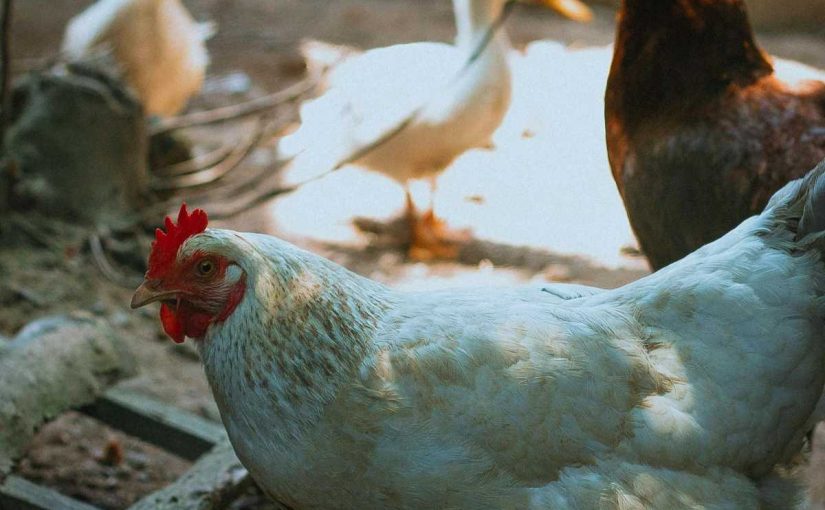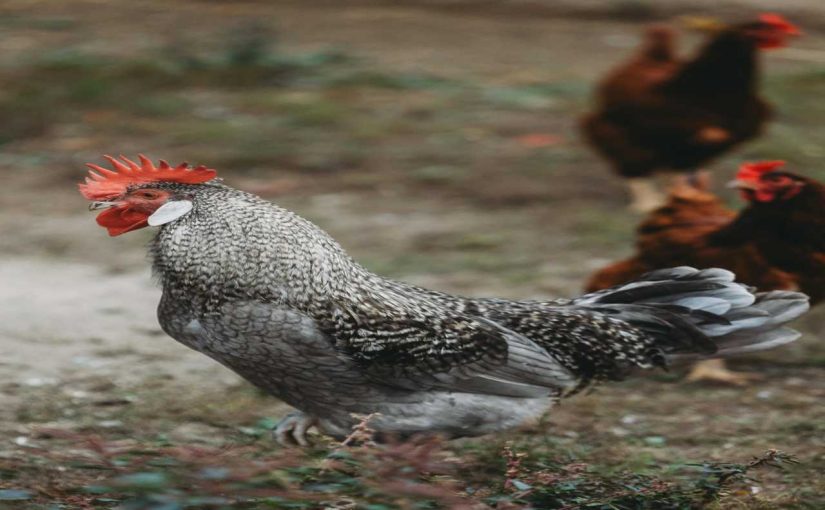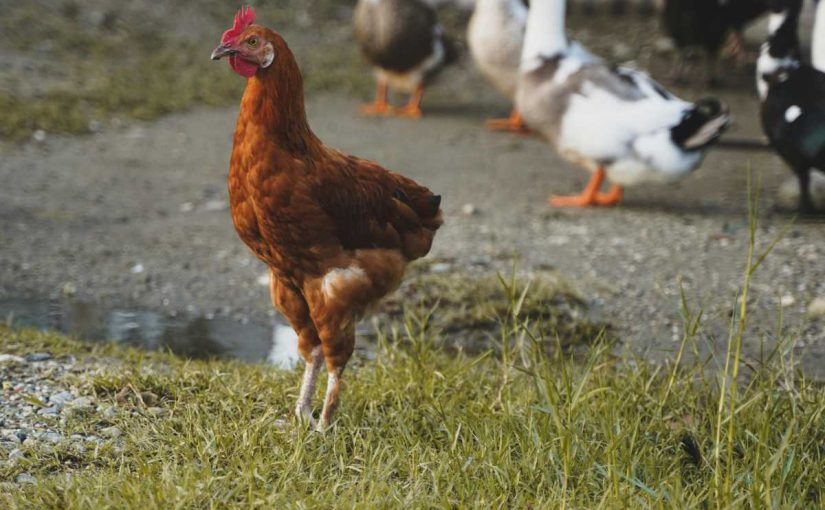Keeping chickens is a rewarding experience, but it also comes with the responsibility of ensuring their health and well-being. Accidents and illnesses can happen, so it’s essential to have a well-stocked first aid kit ready for your flock. Here are ten must-have items for your chicken first aid kit to help you address common health issues and emergencies.
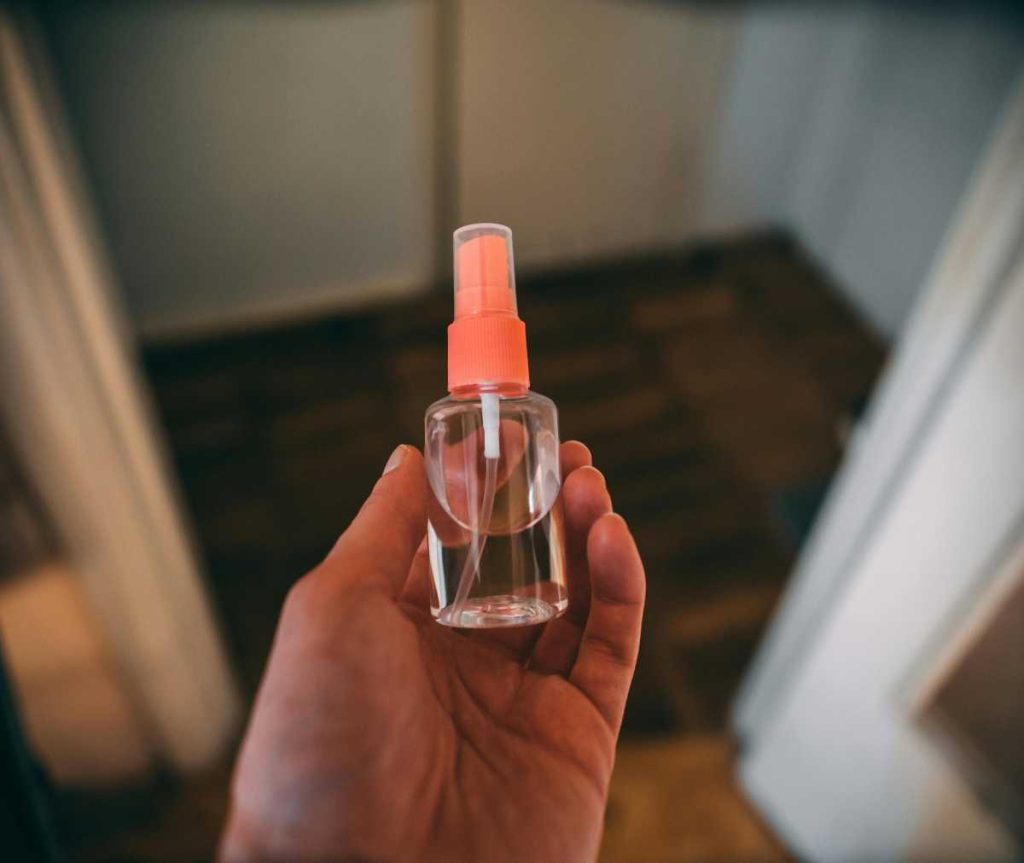
1. Antiseptic Solution
Overview
An antiseptic solution is crucial for cleaning wounds and preventing infections.
Recommendation
- Use: Betadine or hydrogen peroxide can be used to clean cuts, scrapes, or any minor wounds before applying dressings.
- Note: Avoid using alcohol, as it can be too harsh and painful for chickens.
2. Bandages and Gauze
Overview
Bandages and gauze are necessary for protecting wounds and aiding in the healing process.
Recommendation
- Use: Keep a variety of sizes on hand, including self-adhesive bandages and sterile gauze pads. These can be used to cover wounds or hold dressings in place.
- Tip: Use Vetrap, a flexible bandage, for wrapping injured feet or limbs.
3. Electrolyte Solutions
Overview
Electrolyte solutions help rehydrate chickens, especially during hot weather or after illness.
Recommendation
- Use: Provide an electrolyte solution in their water to restore hydration levels and essential minerals.
- Note: Look for commercial electrolyte powders designed specifically for poultry.
4. Wound Spray or Ointment
Overview
A wound spray or ointment is vital for promoting healing and preventing infection.
Recommendation
- Use: Products like Blu-Kote or Neosporin (without pain relief ingredients) can be applied to wounds to keep them clean and promote healing.
- Tip: Use Blu-Kote to mask wounds, which can deter pecking from other chickens.
5. Tweezers and Scissors
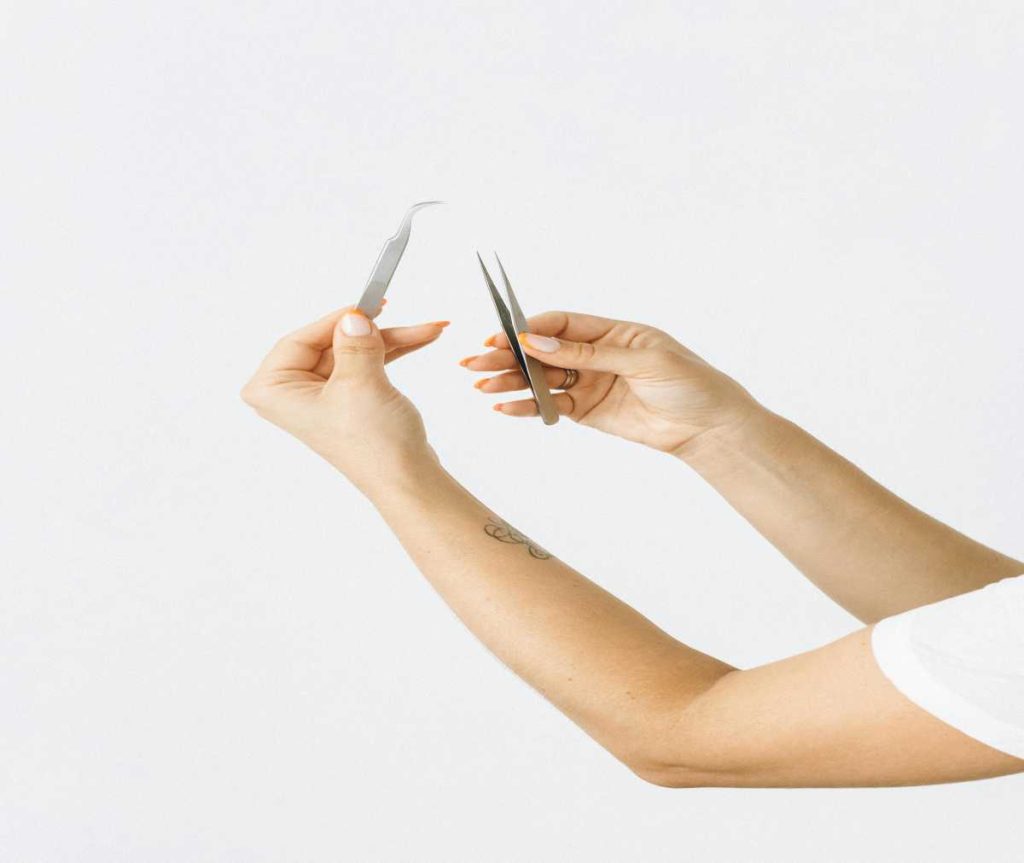
Overview
Tweezers and scissors are handy tools for various tasks, from removing splinters to cutting bandages.
Recommendation
- Use: Keep a pair of sterilized tweezers for removing foreign objects and a pair of scissors for cutting gauze or bandages.
- Tip: Have these tools readily accessible in your first aid kit for quick use.
6. Thermometer
Overview
Monitoring your chickens’ temperature is essential for diagnosing potential health issues.
Recommendation
- Use: A digital or veterinary thermometer can be used to check for fever. A normal chicken temperature ranges from 104°F to 107°F (40°C to 42°C).
- Tip: Use lubricant (like petroleum jelly) for easier insertion when taking the temperature.
7. Poultry Vitamins and Supplements
Overview
Vitamins and supplements can help boost your chickens’ immune systems and overall health.
Recommendation
- Use: Consider products containing vitamins A, D, and E, along with probiotics to aid digestion.
- Note: Administer these supplements during stressful situations, such as after illness or transport.
8. Syringes and Droppers
Overview
Syringes and droppers are useful for administering medications or fluids directly to your chickens.
Recommendation
- Use: Have a few different sizes on hand (5ml and 10ml) for administering oral medications, electrolytes, or water.
- Tip: Always ensure the syringe is clean and free of any residues before use.
9. Epsom Salt
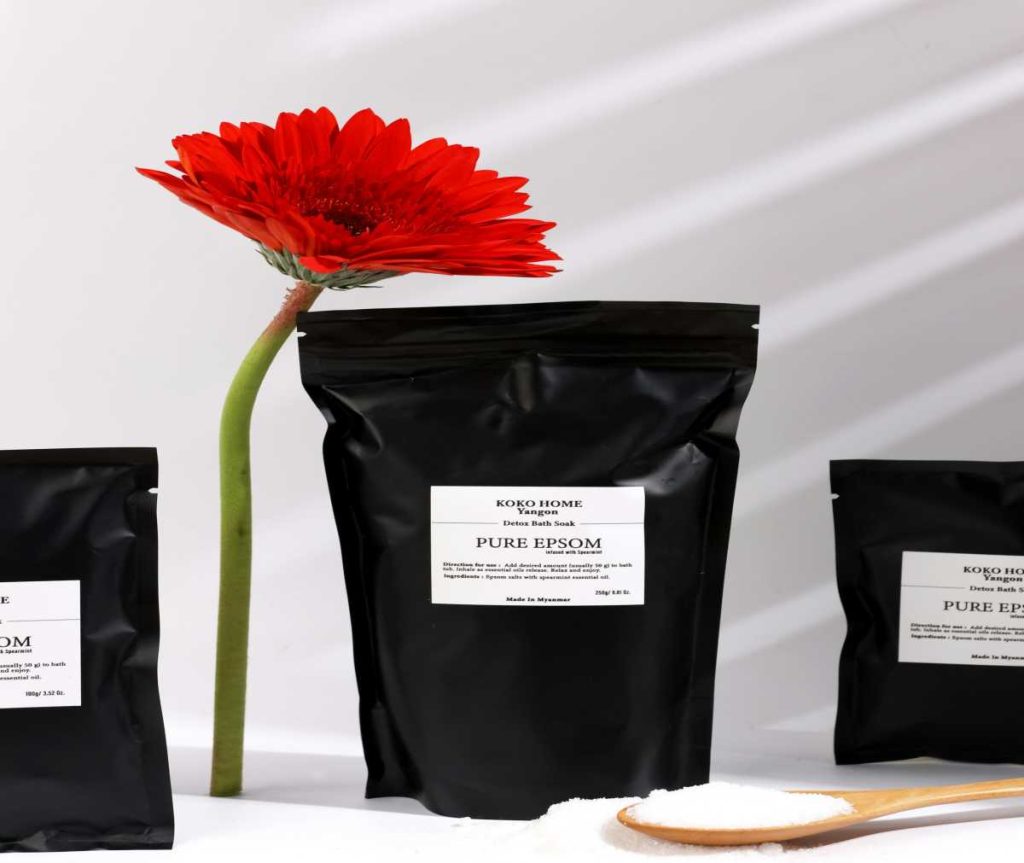
Overview
Epsom salt can be beneficial for treating various ailments, particularly foot problems.
Recommendation
- Use: Dissolve Epsom salt in warm water to create a soak for injured or swollen feet to reduce inflammation and promote healing.
- Tip: Soaking for 15–20 minutes can be effective, followed by gentle drying.
10. Flea and Tick Treatment
Overview
Keeping your chickens free from parasites is essential for their health.
Recommendation
- Use: Consult with your veterinarian for safe flea and tick treatments suitable for poultry. Common products include diatomaceous earth and natural essential oils.
- Note: Regularly check your chickens for signs of parasites and apply treatment as needed.
Conclusion
Having a well-stocked first aid kit is essential for every chicken keeper. By including these ten must-have items, you’ll be better prepared to handle minor injuries and health issues promptly. Regularly check your first aid kit to ensure everything is up-to-date and replace any used items. Remember, if a health issue arises that you cannot manage, consult a veterinarian specializing in poultry for professional assistance. Keeping your flock healthy and happy is the ultimate goal!

